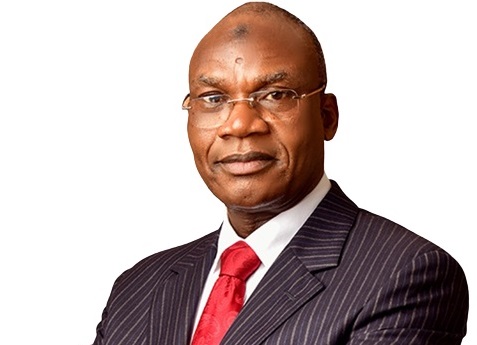Nigeria’s Minister of Education, Professor Tahir Mamman, announced on Thursday that students under the age of 18 will no longer be admitted to tertiary institutions across the country. This new regulation aims to standardize the age of entry into higher education and ensure students are adequately prepared both academically and emotionally for the challenges of tertiary education.
The announcement was made during the 2024 policy meeting of the Joint Admissions and Matriculation Board (JAMB), a key body responsible for overseeing the admission process into Nigeria’s tertiary institutions. The decision marks a notable change in the educational landscape and is expected to affect many prospective students and their families.
“JAMB is hereby notified that there is now a ban on underaged students, those under the age of 18, into our tertiary institutions from this 2024 admissions,” stated Professor Mamman. This clear directive underscores the government’s commitment to ensuring that students admitted to universities, polytechnics, and colleges are of an appropriate age to handle the rigors and responsibilities of higher education.
The decision has sparked various reactions from stakeholders in the education sector. Some educators and parents have expressed concerns about the readiness of younger students to engage with the complex demands of tertiary education, while others worry about the potential disruption to the educational progression of exceptionally bright students who complete their secondary education before turning 18.
Despite these concerns, the government maintains that the new age requirement will ultimately benefit students. By ensuring that entrants to tertiary institutions are at least 18 years old, the policy aims to create a more mature and focused student body, better equipped to thrive in an academic environment.










